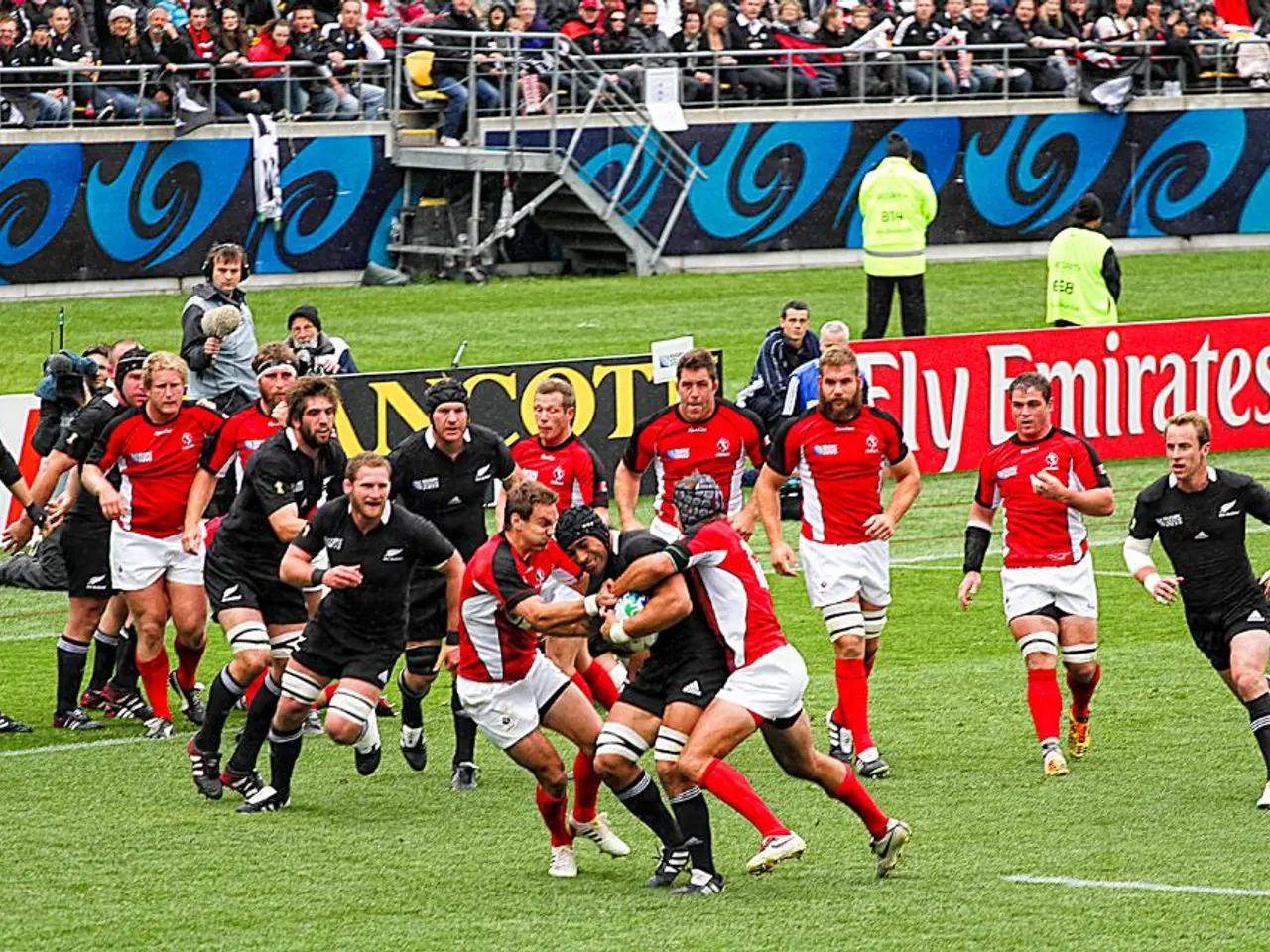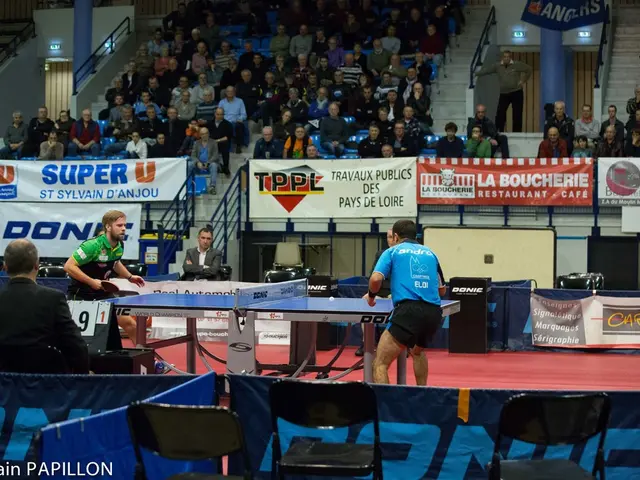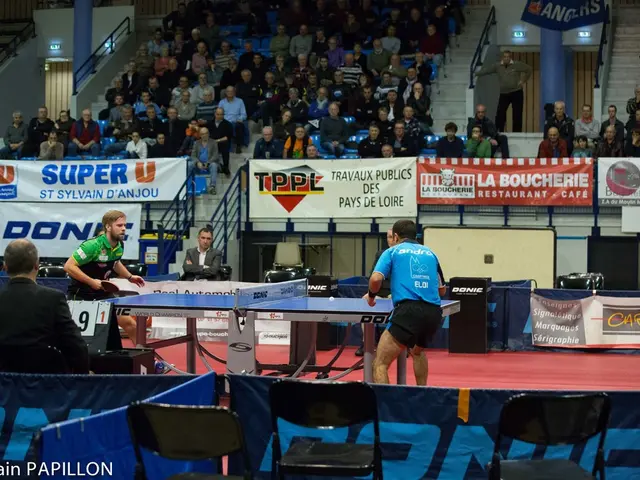Pursuing Victory in Sport: The Quantative Aspects of Athletic Triumph - Amandine Aftalion
=====================================================
Amandine Aftalion, a mathematician and senior scientist at the French National Centre for Scientific Research (CNRS), will deliver a lecture titled "Going for Gold: the Mathematics of Sporting Glory" on Thursday 16 October. The lecture, part of the Oxford Mathematics Public Lectures, will explore the mathematical principles behind the best way to run to win a race, why a sprinter slows down before the finish line, why swimming is more efficient slightly underwater, and why, on a bike, the faster you go, the more stable you are.
The lecture will be held in Lecture Theatre 1, with the broadcast taking place on the Oxford Mathematics YouTube Channel from 5-6pm. The original in-person event location and date remain unspecified.
While the mathematics of sporting glory may not be immediately apparent, it plays a crucial role in understanding these phenomena. The principles of physics and biomechanics, modeled mathematically, explain why sprinters slow down before the finish line, why swimming is more efficient slightly underwater, and why biking becomes more stable at faster speeds.
Sprinters slow down due to fatigue and biomechanical limits, with their muscles and energy systems unable to sustain maximum acceleration and speed. Mathematically, this is modeled by diminishing forces and energy output over time, as well as drag and friction forces acting on the sprinter’s body.
Swimming is more efficient underwater because being submerged reduces water resistance compared to surface swimming. Fluid dynamics equations show lower drag forces underwater, allowing swimmers to move faster with less energy.
Biking becomes more stable at faster speeds due to gyroscopic effects and increased angular momentum of the wheels. The mathematical explanation comes from rotational dynamics: as wheel speed increases, the angular momentum stabilizes the bike’s orientation, making it easier to balance.
These examples all result from applying mathematical models that describe forces, energy expenditure, fluid dynamics, and rotational motion within human and equipment constraints in sports. Understanding these models helps optimize performance and explains common sporting behaviors and advantages observed in disciplines like sprinting, swimming, and cycling.
If you're interested in learning more about the mathematics of sporting glory, you can watch the lecture at any time after the broadcast without payment. Registration is not required for the online version of the lecture.
For those who prefer to attend in person, registration is available via email to [email protected] website.uk. The lecture is not free, but the online version does not require payment.
Amandine Aftalion has authored a book titled Be a Champion, 40 facts you didn't know about sports and science. She has also written on a range of sports and is generously supported by XTX Markets for her work in the field.
[1] https://www.maths.our website.uk/node/72944 (Registration link for the online lecture)








